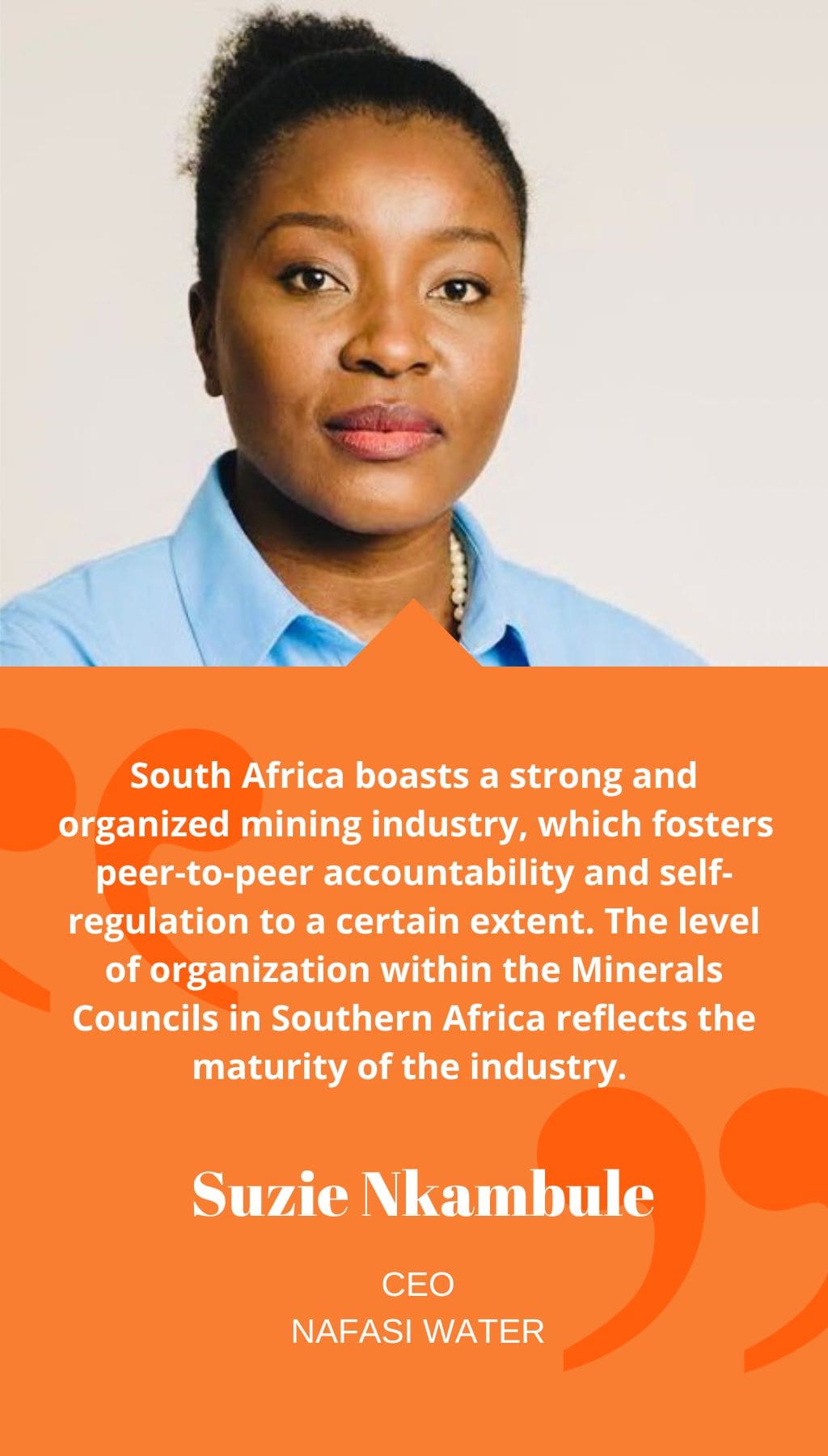
- South Africa | 30 July 2021

Why did Nafasi Water decide to rebrand from Aveng Water in 2019?
The decision to rebrand from Aveng Water in 2019 was driven by several factors. Firstly, we had been a part of Aveng for more than 12 years, and when the business was sold as a going concern in early 2019, it presented an opportunity for us to establish our own identity as a separate entity. By rebranding as Nafasi Water, we aimed to create a distinct brand that aligns with our values and aspirations. The name “Nafasi” comes from the Swahili language and means “boundless opportunity,” reflecting our commitment to exploring new possibilities and creating a positive impact in the water sector. As we expand our operations beyond South Africa and Namibia into other countries in the Southern African Development Community (SADC), the rebranding also allows us to establish a strong presence under our own name.
What role does Nafasi Water play in improving water security?
Water security is a significant challenge in South Africa, and Nafasi Water is dedicated to addressing this issue. The National Water and Sanitation Master Plan of South Africa highlights the increasing demand for water surpassing the available supply. Furthermore, water quality is declining due to factors such as sanitation-related discharge, mining activities, and industrial processes. Nafasi Water aligns with the government’s three-tiered strategy to tackle these challenges.
Our expertise lies in addressing non-revenue water, which refers to water that is lost or unaccounted for in the distribution network. By partnering with the government, we can develop solutions to economically recover and reuse non-revenue water, thereby deriving value from this precious resource. Additionally, we focus on improving sanitation infrastructure and exploring the potential reuse of wastewater. Lastly, we aim to identify new water sources for high-growth coastal areas, such as seawater desalination.
Nafasi Water invests heavily in technologies related to wastewater beneficiation, ensuring that we not only contribute to water security but also create economic development opportunities in this sector.
Can you provide more details about Nafasi Water’s SIGMA OPS system and HiPRO product range?
Our SIGMA OPS system is a cloud-based centralized plant control system support tool designed to assist operators working at different sites. It enables real-time monitoring, data analysis, and trend identification, allowing for optimized plant control decisions. By utilizing big data tools and predictive models, we can set more mature operational parameters, manage risks through early warnings, and enhance overall plant efficiency.
In dealing with chemically and industrially polluted water, managing the waste stream and maximizing water recovery are crucial. Our HiPRO Mine Impacted Water product range incorporates proprietary process design technology that enables the recovery of over 99% of water while limiting the waste stream to just 1%. This technology is particularly effective for large-scale plants. Additionally, we offer brine treatment solutions for cases where a brine stream is unavoidable due to specific feed water chemistry. We are also actively developing technologies to transform excess waste into viable chemical products, further minimizing waste generation.
How would you assess South Africa as a mining jurisdiction?
South Africa boasts a strong and organized mining industry, which fosters peer-to-peer accountability and self-regulation to a certain extent. The level of organization within the Minerals Councils in Southern Africa reflects the maturity of the industry. However, like any other industry, mining in South Africa faces challenges, especially during economic downturns. Uncertainty on a global scale affects planning views and makes it challenging to make long-term decisions.
What is Nafasi Water’s strategy and focus for the next two years?
Over the next two years, Nafasi Water anticipates a time of change in Southern Africa, marked by restructuring, acquisitions, and disposals within the mining industry. During such transitions, the implementation of long-term projects may experience delays. In light of this, our primary focus will be on continued investment in technology and talent. We will strive to implement our recent innovations in our current operations while advancing our research to ensure that our technologies remain relevant and aligned with the industry’s evolving needs.
Water security remains our core mission, and we are committed to actively participating in conversations and collaborative efforts aimed at achieving this goal.














